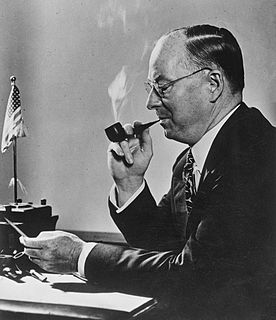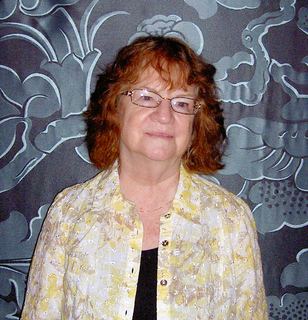A Quote by Rosa Parks
Related Quotes
I learned to put my trust in God and to see Him as my strength. Long ago I set my mind to be a free person and not to give in to fear. I always felt that it was my right to defend myself if I could. I have learned over the years that when one's mind is made up, this diminishes fear; knowing what must be done does away with fear.
Whatever hardships there have been in my life I still live in a very privileged position. Fear is not knowing where your next meal is coming from. Fear is seeing a child get hurt. Fear is watching someone you love waste away. Fear is knowing you are going to die yourself. But there's no fear in what I do. I write books.
The motive that impels modern reason to know must be described as the desire to conquer and dominate. For the Greek philosophers and the Fathers of the church, knowing meant something different: it meant knowing in wonder. By knowing or perceiving one participates in the life of the other. Here knowing does not transform the counterpart into the property of the knower; the knower does not appropriate what he knows. On the contrary, he is transformed through sympathy, becoming a participant in what he perceives.
Love does not terrify me. But the going away of it does. I have been made terribly aware of how everything can be wrenched away from you and your life torn apart. If I had known very secure nights all my life, if I had never seen or felt the fear of being tortured or deported or blown up into a million pieces, then I would not fear it.
We must drop the idea that change comes slowly. It does ordinarily - in part because we think it does. Today changes must come fast; and we must adjust our mental habits, so that we can accept comfortably the idea of stopping one thing and beginning another overnight. We must discard the idea that past routine, past ways of doing things, are probably the best ways. On the contrary, we must assume that there is probably a better way to do almost everything. We must stop assuming that a thing which has never been done before probably cannot be done at all.
Your body does not eliminate poisons by knowing their names. To try to control fear or depression or boredom by calling them names is to resort to superstition of trust in curses and invocations. It is so easy to see why this does not work. Obviously, we try to know, name, and define fear in order to make it “objective,” that is, separate from “I.
If you have no faith in yourself, then have faith in the things you call truth. You know what must be done. You may not have courage or trust or understanding or the will to do it, but you know what must be done. You can't turn back. There is now answer behind you. You fear what you cannot name. So look at it and find a name for it. Turn your face forward and learn. Do what must be done. -Deth to Morgon, Prince of Hed-
History is for human self-knowledge. Knowing yourself means knowing, first, what it is to be a person; secondly, knowing what it is to be the kind of person you are; and thirdly, knowing what it is to be the person you are and nobody else is. Knowing yourself means knowing what you can do; and since nobody knows what they can do until they try, the only clue to what man can do is what man has done. The value of history, then, is that it teaches us what man has done and thus what man is.
Even as the church must fear Christ Jesus, so must the wives also fear their husbands. And this inward fear must be shewed by an outward meekness and lowliness in her speeches and carriage to her husband....For if there be not fear and reverence in the inferior, there can be no sound nor constant honor yielded to the superior.




































